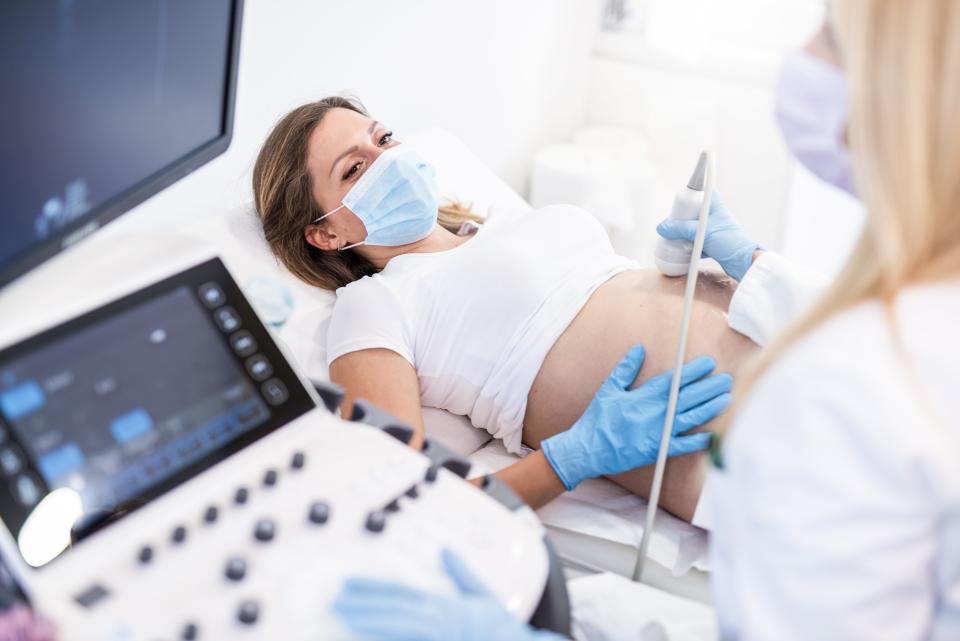Pandemic is leading to baby bust, not baby boom, experts suggest

When the pandemic began, experts hypothesised that the increased time spent at home may lead to a baby boom.
However, according to recent research as well as data regarding birth rates in the United States, the Covid-19 pandemic has actually led to a decrease in birth rates.
In June 2020, just months after parts of the country began to go into lockdown to combat the spread of the virus, the Brookings Institution estimated that the country would see 300,000 to 500,000 fewer births than in 2019.
Now, in an update shared last month, the research group has revealed that it stands by its initial estimate of 300,000 fewer births – but adds that factors such as ongoing school and daycare closures may cause the number to increase.
The Brookings Institution also referenced additional research that has come to similar conclusions of a pandemic-related baby bust.
In one survey by the Guttmacher Institute, it was revealed that 34 per cent of American women have “either delayed their plans to have a child or reduced the number of children they expect to have as a result of the pandemic”, while another survey found that nearly half of adults reported a decrease in their sex life amid the pandemic.
Researchers also analysed Google Trends over the past year, with the Brookings Institution citing one study that found searches for pregnancy-related terms have decreased.
While birth-rate data is not available immediately in most states, NBCLX has noted that in the states that do report births in “near-real-time,” such as Florida, Ohio and Arizona, the birth rates in December 2020 are down compared to the same period a year earlier.
Speaking to the outlet, Philip Cohen, a sociologist and demographer at the University of Maryland, called the decline a “bad situation”.
“The declines we're seeing now are … pretty substantial,” he continued, adding that the decreases are impacted by a number of reasons, but that uncertainty over the future plays a large part in the drop.
“People make long-term decisions when they have confidence about the future, and if there's anything that undermines confidence about the future, it's this massive pandemic,” he said.
Other factors that have played a part in the decrease are uncertainty about money and increased childcare responsibilities.
Prior to the pandemic, birth rates in the country had hit an all-time low, with some experts worried in 2017 that the US was headed for a “national emergency”, which would raise concerns over ability to replace an ageing workforce as well as “have enough tax revenue to keep the economy stable,” The Washington Post reported.
Overall, experts believe that births will likely keep declining as the pandemic, and “economic and society anxiety” continue.
Read More
Lowest number of births in the UK since records began predicted
South Korea sees more deaths than births for first time ever
US births fall to 35-year low amid fears of coronavirus decline

 Yahoo Finance
Yahoo Finance 